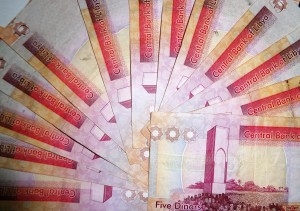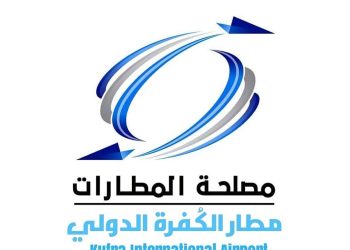By Libya Herald reporter.

Malta, 21 February 2015:
The GNC/Libya Dawn prime minister Omar Al-Hassi seemed determined, or converted, to the long-espoused policy . . .[restrict]of the substitution of cash for subsidised goods.
Over the decades, and back into the Qaddafi era, a number of Libyan administrations have unsuccessfully attempted to reform Libya’s runaway and haemorrhaging subsidy system.
In what seems like a slow conversion to the policy floated for years by the IMF/World bank and the Central Bank of Libya, Omar Al-Hassi announced that the cash substitute for subsidies that the state will deposit in citizen’s accounts will amount to LD 30/month for every individual.
Hassi said that this was necessary in order to stop the depletion of state funds – funds that used to be looted during the abhorrent dictatorial era, he pointed out.
Making his case, Hassi explained that subsidies for staple foods, fuel, electricity and medicines used to amount to LD 8 bn in 2010 and they then jumped up by LD 2.5 bn to LD 10.5 bn in 2013.
What is happening in the procurement of subsidized goods is, he said, ‘’a huge robbery’’. He said data confirms that Libya’s population does not surpass 6.3 million, whereas the National Supply Company (NASCO), the state body that imports Libya’s subsidized foodstuff, imports the equivalent for a population of over 8 million.
‘’There is a false and deceptive increase reaching up to more than 2.5 million inhabitants’’, he pointed out.
It is worth pointing out that for years it has been taken as given that quite a sizeable percentage of Libya’s subsidized goods are leaked to neighbouring states.
It is ironic that in all the decades when Libya’s economy and oil exports were high, the state failed to tackle the issue of subsidies. It is only the acute economic crises that has forced both the opposing political factions to confront the depletion of state funds, that has forced the hand of the Libyan state. [/restrict]







